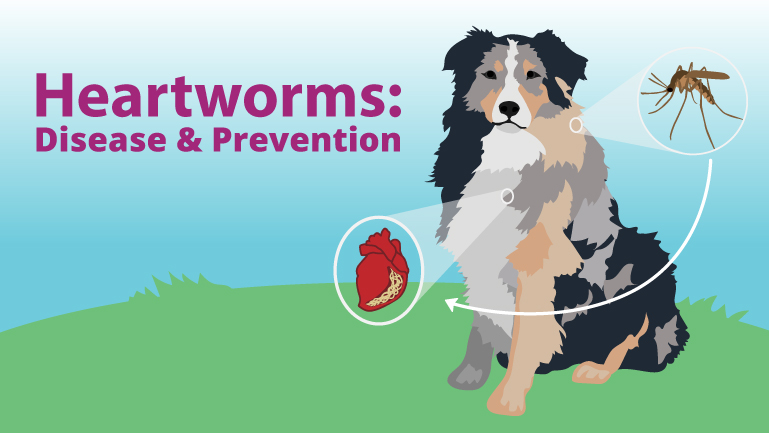Heartworm disease poses a significant threat to pets in Florida due to the state’s warm and humid climate, which fosters a high mosquito population. These mosquitoes are the primary carriers of the heartworm parasite (Dirofilaria immitis). When an infected mosquito bites a pet, it transmits larvae into the animal’s bloodstream. Over time, these larvae mature into adult worms that reside in the heart, lungs, and blood vessels, causing severe health issues such as lung disease, heart failure, and other organ damage. Given the serious nature of this condition, preventive measures are crucial for pet owners in Florida.
Preventing heartworm disease involves a combination of year-round preventive medication and effective mosquito control. Pet owners should administer heartworm preventive medications regularly, as prescribed by a veterinarian. These medications come in various forms, including oral tablets, topical solutions, and injections. In addition to medication, reducing mosquito exposure is vital. This can be achieved by eliminating standing water where mosquitoes breed, using mosquito repellents, and keeping pets indoors during peak mosquito activity times like dawn and dusk. Installing screens on windows and doors also helps minimize the risk.
Regular testing is another critical component of heartworm prevention. Even with preventive medication, pets should be tested annually for heartworm to ensure early detection and treatment if necessary. Prompt and appropriate treatment is essential for pets that test positive for heartworms. This involves a series of medications and close veterinary supervision to eliminate the worms and manage any complications. By adhering to these preventive measures and maintaining regular veterinary care, pet owners can significantly reduce the risk of heartworm disease and ensure the health and well-being of their pets in Florida.

